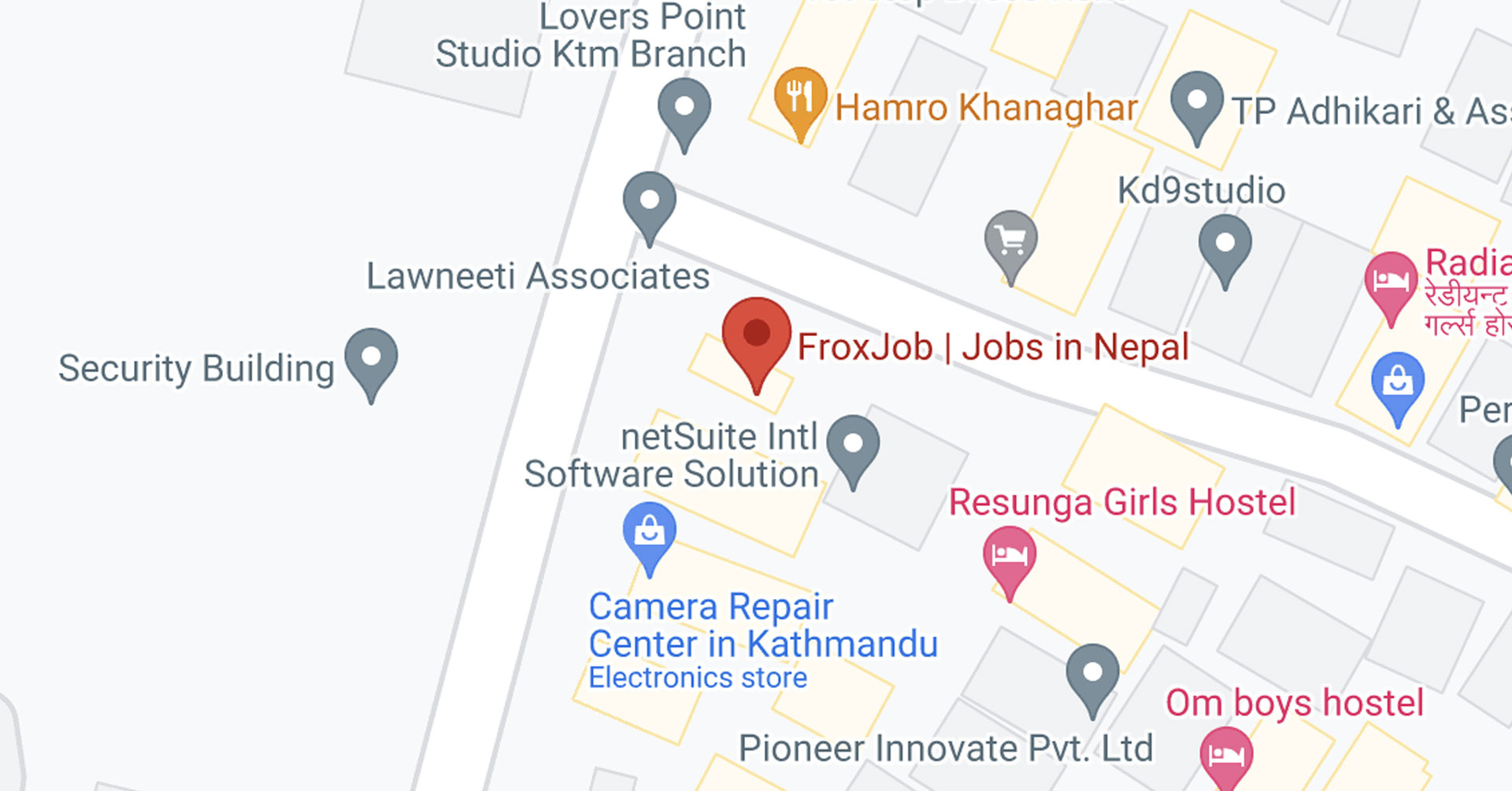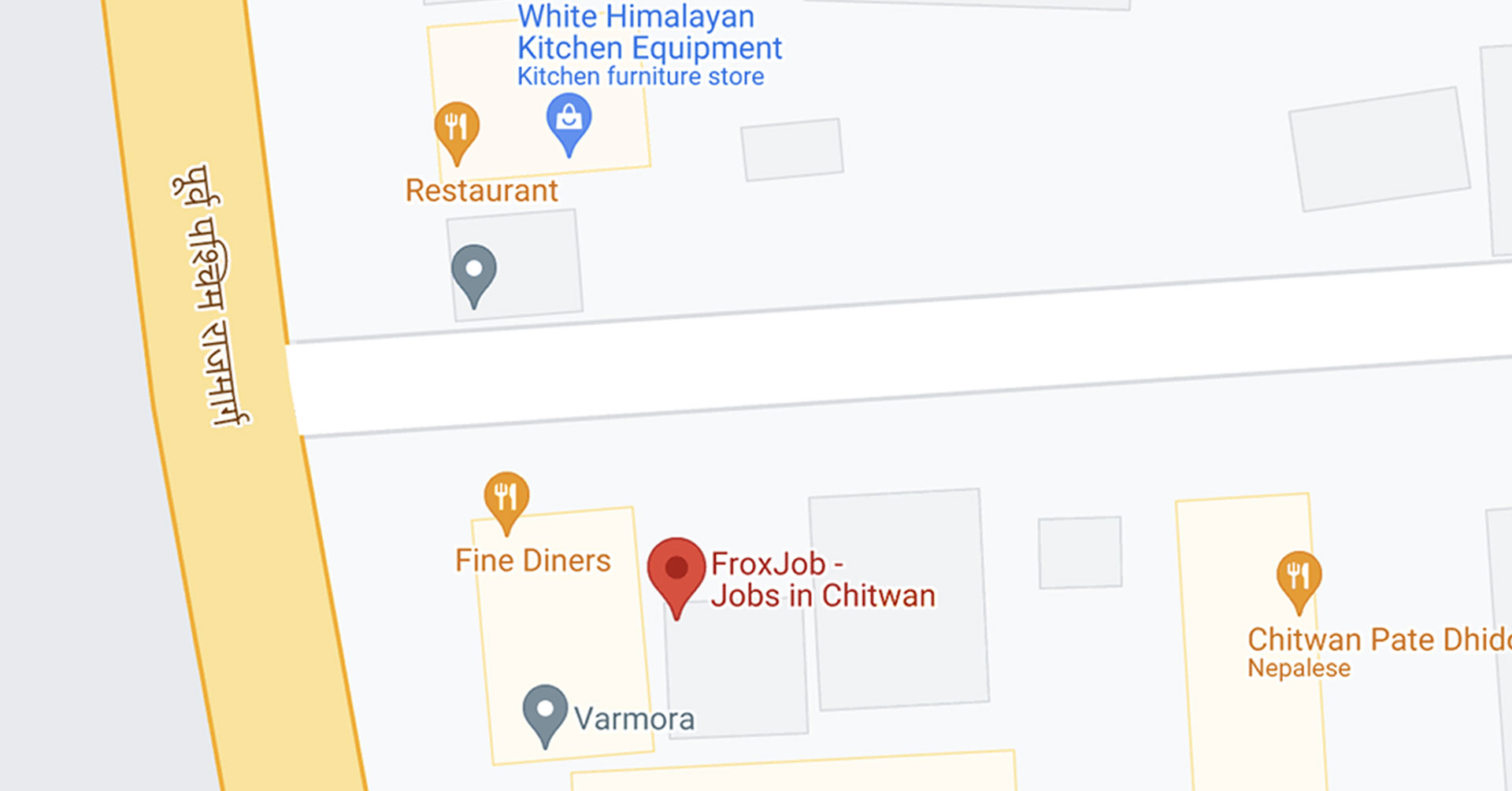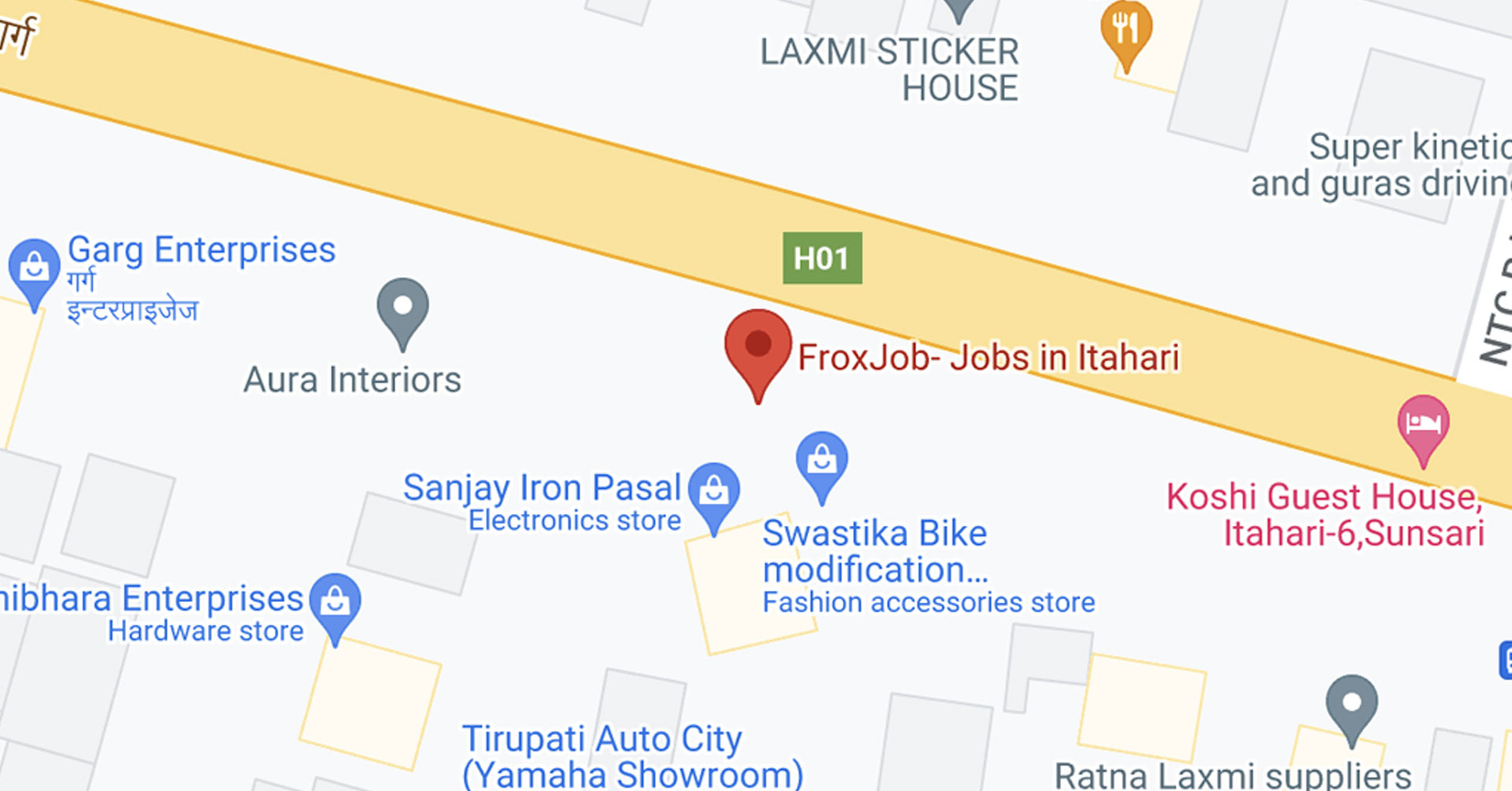Finding Your Perfect Career Match: What to Look for in a Job Opportunity

Finding Your Perfect Career Match: What to Look for in a Job Opportunity
Choosing the right job opportunity is one of the most important decisions we make in our professional lives. A job is more than a paycheck; it shapes our growth, influences our lifestyle, and affects our overall well-being. When evaluating opportunities, we must look beyond the job title and salary to ensure the role aligns with our skills, values, and long-term goals.
Understanding Your Career Priorities
Before applying for or accepting any role, it is really important to identify our personal career priorities. These may include career advancement, financial stability, learning opportunities, or work-life balance. Clarifying these priorities allows us to measure how closely a potential job aligns with what truly matters to us.
- Long-term goals: Does the role align with our five or ten-year vision?
- Skill growth: Will the job help us build expertise that will remain valuable in the future?
- Personal values: Does the organization’s mission resonate with what we believe in?
By knowing our priorities, we set a clear benchmark for evaluating every opportunity.
Company Culture and Work Environment
One of the strongest indicators of job satisfaction is the company culture. A positive culture promotes collaboration, recognition, and innovation, while a toxic one can quickly drain motivation. When considering a new role, we should pay attention to:
- Leadership style: Are leaders approachable and supportive, or rigid and hierarchical?
- Team dynamics: Is there an atmosphere of trust and respect among colleagues?
- Work-life balance: Does the organization support flexible schedules, remote work, or reasonable hours?
Researching employee reviews, speaking to current staff, and observing how the company communicates publicly can reveal much about the work environment.
Opportunities for Career Growth
A fulfilling career is built on continuous growth. The right job should not only challenge us but also provide the tools and opportunities to expand our knowledge and skills. Key aspects to evaluate include:
- Training programs: Does the company invest in professional development?
- Career path clarity: Are there defined promotion tracks or mentorship opportunities?
- Skill diversification: Will the role expose us to new areas, technologies, or industries?
An organization that supports growth ensures we remain relevant in an ever-changing job market.
Job Stability and Industry Outlook
No matter how attractive a role may seem, stability is a major factor. Evaluating the financial health of the company and the industry outlook is essential to avoid future uncertainty. Consider:
- Company track record: How has the business performed over the past few years?
- Industry trends: Is the industry growing, shrinking, or facing disruption?
- Global impact: Does the company have adaptability to survive economic fluctuations?
Choosing a stable role within a resilient industry provides a solid foundation for long-term security.
Compensation and Benefits Package
Salary is important, but the overall compensation package carries greater weight. We must assess not only the base pay but also the additional benefits that support financial security and quality of life.
- Healthcare coverage
- Retirement contributions or pension plans
- Paid leave policies
- Performance bonuses or incentives
- Wellness and lifestyle benefits (gym memberships, childcare support, etc.)
A job that offers a competitive benefits package can significantly enhance overall satisfaction and financial well-being.
Work-Life Balance Considerations
In today’s fast-paced world, work-life balance is an important factor in long-term happiness. Burnout not only affects productivity but also health and relationships. Before committing to a role, it’s important to examine:
- Working hours: Are expectations reasonable?
- Remote or hybrid options: Is there flexibility in where and how we work?
- Time-off policies: Does the company encourage employees to use vacation days?
A role that respects personal boundaries enables us to thrive both professionally and personally.
Alignment with Personal Values
A career is most rewarding when it aligns with our personal values and sense of purpose. Working for an organization that supports causes we believe in or contributes positively to society can bring a deeper sense of fulfillment. Consider asking:
- Does the company engage in sustainable and ethical practices?
- Does it support diversity, equity, and inclusion?
- Does the mission statement resonate with our long-term values?
When our work feels meaningful, motivation and satisfaction naturally follow.
Location and Commute
Although often overlooked, the location of a job can greatly influence our daily lives. Long commutes drain energy and reduce productivity, while jobs that allow remote work provide more flexibility. Important considerations include:
- Daily commute time
- Cost of transportation
- Relocation support if required
- Remote or hybrid flexibility
A manageable location ensures better energy levels and a more balanced lifestyle.
Networking and Industry Exposure
A job is not just about the tasks we perform but also about the connections we build. Opportunities that allow networking with industry leaders, peers, and mentors open doors for future growth. Look for:
- Industry conferences and events participation
- Professional associations and memberships
- Collaboration opportunities across teams and departments
Exposure to a strong professional network increases visibility, knowledge sharing, and future career options.
Red Flags to Watch Out For
Not every opportunity is what it seems. Recognizing warning signs early can save us from career dissatisfaction. Watch out for:
- Vague job descriptions with unclear responsibilities
- High turnover rates within the company
- Negative employee reviews focused on management or culture
- Unrealistic expectations for workload and deadlines
By identifying these signs, we can make more informed decisions and avoid future disappointment.
Conclusion: Making the Right Career Decision
Finding the perfect career match requires careful consideration of multiple factors beyond just salary. By evaluating company culture, growth opportunities, stability, benefits, work-life balance, values alignment, and industry exposure, we set ourselves up for long-term satisfaction and success. The right role should not only meet our financial needs but also support our professional development and personal well-being.





